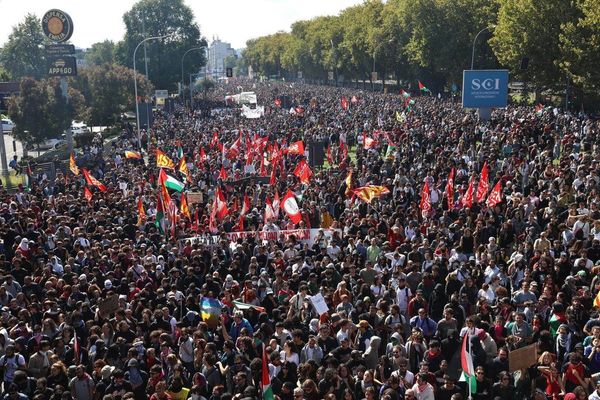New Delhi: India’s factory output slowed and retail inflation eased, adding pressure on the central bank to reduce interest rates to support economic growth.
Data released by the Central Statistics Office (CSO) showed the index of industrial production (IIP) slowed marginally to 3.1% in April from 3.8% a month ago while retail price inflation, as measured by the Consumer Price Index (CPI), slowed to 2.18% in May from 2.99% a month ago as food prices started falling from their level a year ago.
Slower industrial output growth and lower inflation may put pressure on the Reserve Bank of India (RBI) to change its policy stance to accommodative from neutral. Last week, RBI kept policy rates unchanged citing an uncertain inflation outlook.
In its monetary policy review, RBI said the easing of inflation, excluding food and fuel, may be transient in view of its underlying stickiness in a situation of rising rural wage growth and strong consumption demand. “Thus, the April reading has imparted considerable uncertainty to the evolving inflation trajectory, especially for the near months. If the configurations evident in April are sustained, then absent policy interventions, headline inflation is projected in the range of 2.0-3.5% in the first half of the year and 3.5-4.5% in the second half,” it added.
An early onset of the annual south-west monsoon and prospects of ample rain have led to higher-than-normal sowing of rain-fed kharif crops across India, according to data released by the agriculture ministry on Friday. Higher-than-normal planting is expected this year as the India Meteorological Department (IMD) has forecast that the June-to-September south-west monsoon will bring 98% of the normal or long-period (50-year) average rains. IMD has forecast that rains will be well distributed across the country, including the southern states where rainfall was deficient last year.
A normal monsoon last year led to a bumper harvest of foodgrains—output rose by 8% year-on-year to a record 273 million tonnes (2016-17)—and the highest-ever horticultural output, leading to a collapse of wholesale prices. The dip in farm-gate prices spread across pulses, vegetables and oilseeds such as soya bean, fuelling violent protests by farmers in Madhya Pradesh and Maharashtra.
The business expectations index generated by the RBI’s April round of the Industrial Outlook Survey reflects optimism in the manufacturing sector in the second quarter of 2017-18, driven by expectations of rising rural demand, exports and profit margins. On the other hand, the manufacturing purchasing managers’ index (PMI) moderated sequentially in May as employment contracted and new orders, both domestic and exports, slowed.







